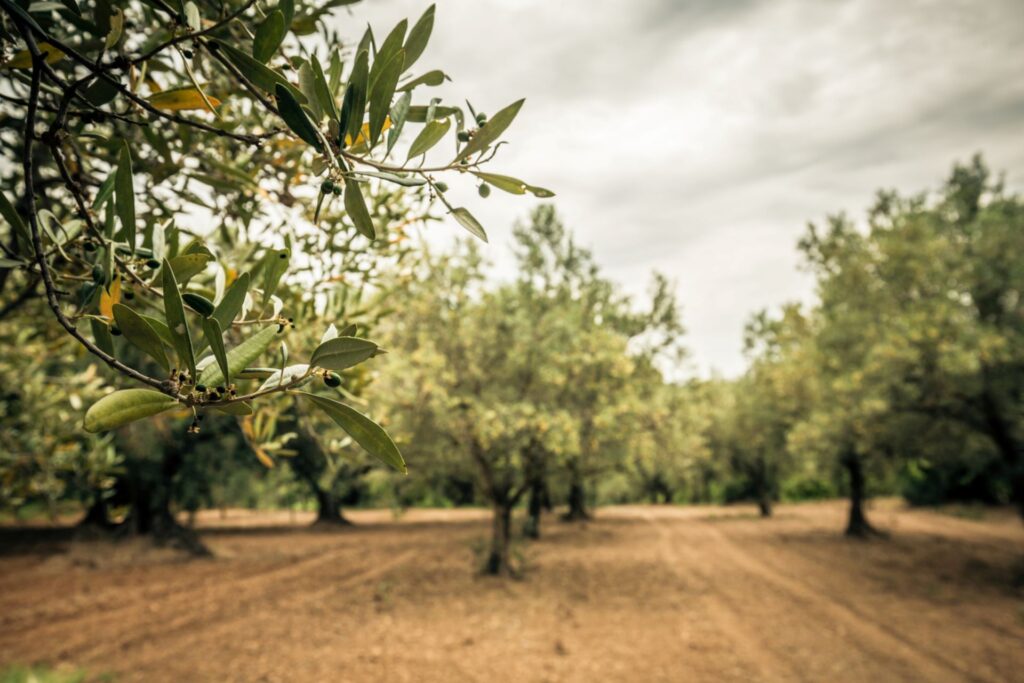Climate change poses major challenges for agriculture, with Italian government officials growing increasingly concerned about declining food production.
what's happening?
As Reuters explained earlier this month, Italy's National Statistics Institute (ISTAT) said agricultural production contracted in 2023 as “wine, fruit and olive oil production were all affected by extreme weather events linked to climate change.”
To make matters worse, the scorching heat across Europe shows no signs of letting up anytime soon. Last year was reported to be Europe's hottest summer in the past 2,000 years, with Reuters reporting that temperatures in parts of the continent already reached 40 degrees Celsius (104 degrees Fahrenheit) in June. The ever-changing weather is having a negative impact on some of Italy's key exports.
ISTAT said Italian farm production fell 3.9% last year. Wine production fell more than 17% due to high temperatures throughout the summer and fall, while olive oil production was hit by low temperatures that continued into the spring. Reuters noted that extreme weather, including hailstorms and spring frosts, hampered fruit production, while crops and livestock were killed by drought.
“This year's trends have been affected by adverse weather conditions at different times of the year, with a series of extreme weather events affecting many major crops,” ISTAT said in a statement, according to Reuters.
Why is this important?
Italy is not the only country dealing with the impacts of climate change on the food industry. Rising temperatures will affect agriculture and food prices globally, raising the cost of essential commodities and potentially making it harder for people to eat healthy meals. Experts predict that rising temperatures could lead to food prices rising by up to 3.2% each year, adding a significant amount to households' annual grocery bills.
Sign up for our newsletter and get the best news, eco-friendly hacks, and the latest in cool clean tech delivered straight to your inbox every week.
The International Trade Office describes Italy as “one of the largest agricultural producers and food processors in Europe” and notes that “the agricultural sector accounts for around 2% of GDP.” Italy produces a wide variety of exports, including cereals, soy, meat and dairy products in the north, and fruits, vegetables, olive oil, wine and durum wheat in the south. The International Trade Office also notes that 6% of the Italian population is employed in agriculture.
Extreme heat can cause drought, and reduced rainfall can damage crops and affect farmers' incomes. These problems can make it harder for people to eat healthy, affordable food.
What is being done about this?
Although the weather is beyond human control, Italian farmers are not keeping quiet about the challenges they face.
Reuters reported that they took part in protests across the EU earlier this year “against low prices for agricultural products, rising costs, cheap imports and EU measures aimed at more sustainable farming.” Agriculture is one of the world's most polluting sectors and is key to reducing global emissions, but farmers need support to invest in the right technologies.
By reducing our reliance on expensive, polluting fuels like gas and coal, and switching to cleaner energy sources like wind and solar, we can all help reduce global warming.
Sign up for our FREE newsletter for cool news and practical information to help you help yourself while helping the planet.



